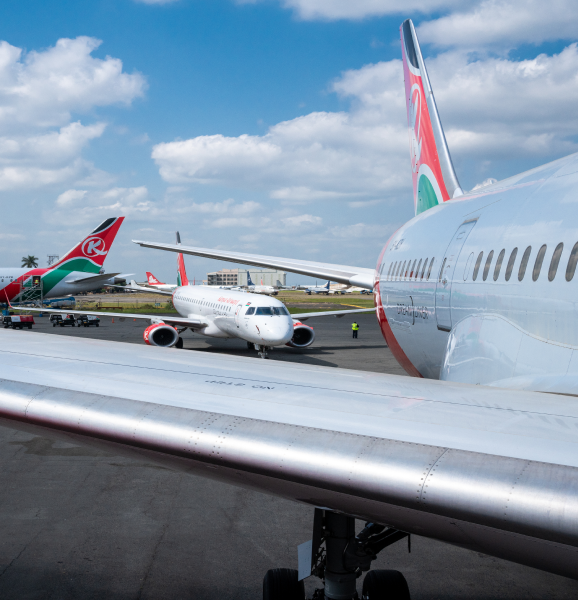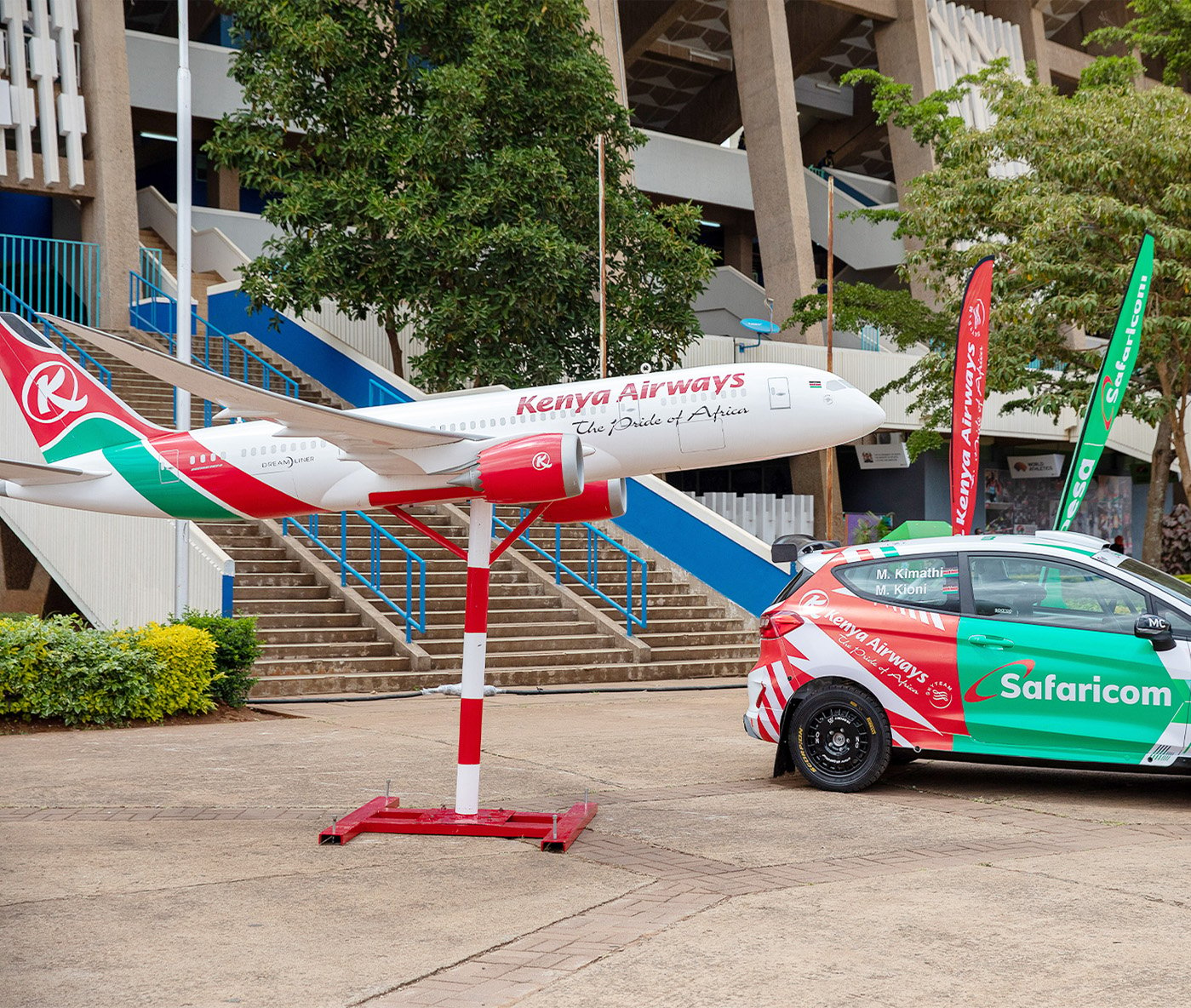Through Environmental Impact Assessments (EIAs) we identify environmental impacts projects or activities. EIAs include assessments of water quality, quantity, and ecological integrity, helping Kenya Airways anticipate and mitigate adverse impacts on water resources. We carry out water footprint assessments quantify the total volume of water consumed (blue water), polluted (grey water), and impacted ecologically (green water) within our hub in Nairobi. By identifying water use and pollution hotspots, we can prioritize actions to minimize our water footprint. In addition, we engage with stakeholders who provide valuable insights into water-related concerns, priorities, and potential impacts of our activities.
Our strategy to manage water discharge involves eliminating actual negative impact and preventing potential negative impacts associated with water use and wastewater generation.
Kenya Airways prioritizes water conservation, pollution prevention, and access to clean water. Kenya Airways is committed to preserving water catchment areas by reducing the withdrawal of water from regions facing water stress. By minimizing our impact on these vulnerable ecosystems, we contribute to the conservation of natural habitats and the preservation of water sources for local communities and wildlife.
We uphold regulations for management of effluents to prevent water pollution. By responsibly managing our wastewater and runoff, we minimize our environmental footprint and protect water quality in surrounding ecosystems.
To ensure access to clean water for all internal stakeholders, Kenya Airways operates a filtration plant. This facility purifies water, removing contaminants and impurities to meet quality standards. By providing fresh and safe drinking water to our employees, passengers, and other stakeholders, we prioritize their health and well-being.
Kenya Airways is committed to continuous improvement and innovation in our water management practices. By investing in research, technology, and best practices, we seek to enhance the efficiency of our water filtration processes, minimize water usage, and further reduce the amount of water we withdraw from water stressed areas.










